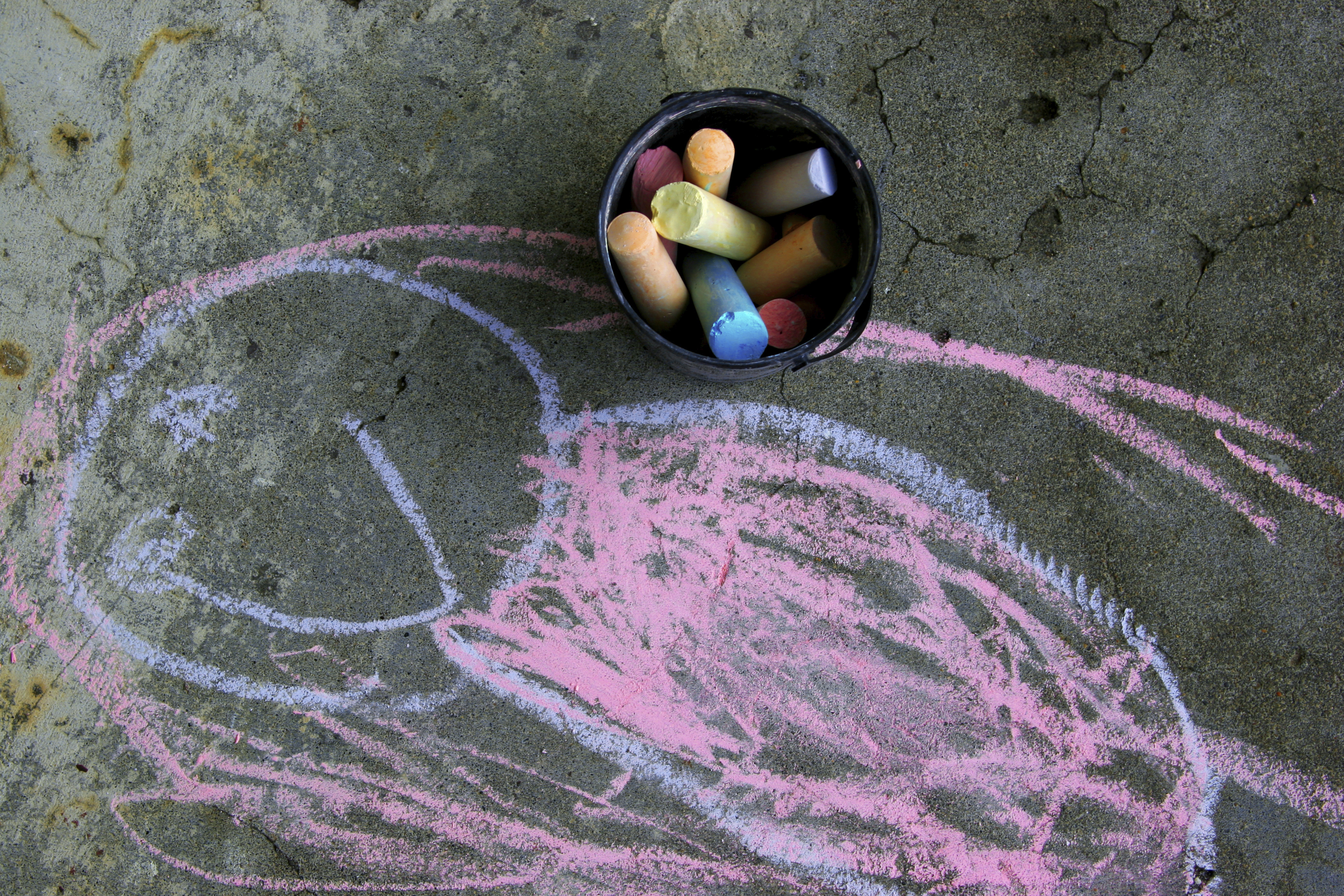Central issues are those concerning children and young people's lives and the conditions in different environments such as the family, school and social welfare institutions. In the school environment, we look at interplay and interaction in the classroom, for example, whilst the current research into social welfare institutions deals with matters such as how responsibility for children is to be distributed between parents and state, and between school, social services and NGOs.
The researchers also study childhood historically and culturally, as well as children's early development. Where children's psychological development is concerned, there is a focus on typical and atypical cognitive and socioemotional development in the early years of life.





